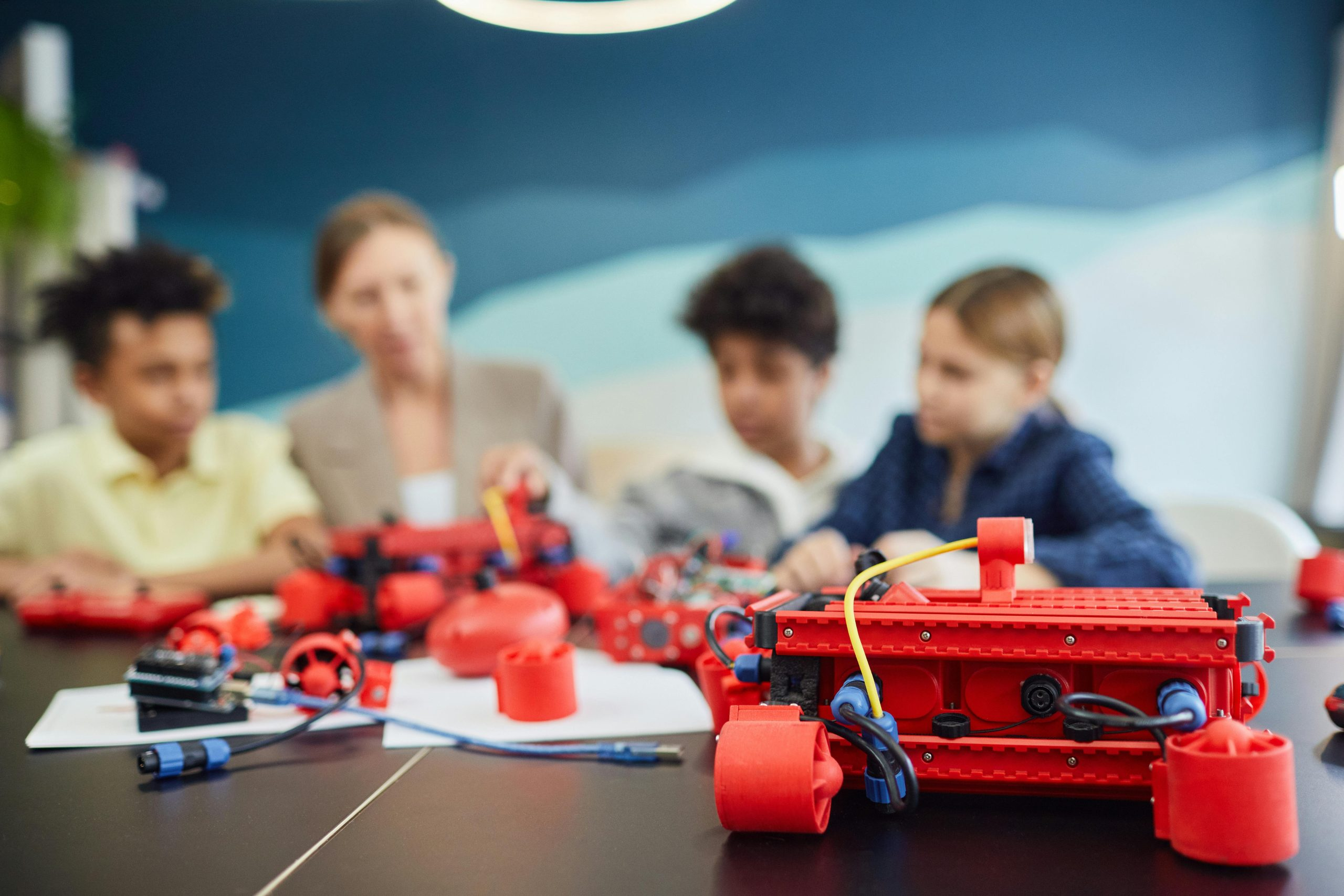Adaptability and Resilience: Essential Skills for Uncertain Futures
In a rapidly changing world, adaptability and resilience have become two of the most essential skills for individuals to possess. With uncertain futures due to advancements in technology, economic uncertainties, and environmental challenges, being able to adapt and bounce back from difficult situations is crucial for success. These skills not only enable individuals to survive in unpredictable times but also to thrive and achieve their goals. In this article, we will explore the importance of adaptability and resilience in facing uncertain futures and how to develop these skills.
The Importance of Adaptability
Adaptability refers to the ability to adjust to new circumstances and situations. In today’s world, changes are constant, which makes adaptability a highly valuable skill. From changes in the workplace, such as new technology and processes, to social and environmental changes, being able to adapt quickly is crucial for navigating through life successfully.
One of the main reasons why adaptability is important is that it allows individuals to thrive in unpredictability. As the popular saying goes, “the only constant in life is change.” With the rapid advancements in technology and its impact on industries, job roles and requirements are constantly evolving. Therefore, being able to adapt and learn new skills is essential to remain competitive in the job market.
Moreover, adaptability also helps individuals to deal with unexpected events and challenges. In times of crisis, those who are adaptable are better equipped to face the situation and come up with innovative solutions. They are also more likely to bounce back from setbacks and failures, making them more resilient in the face of challenges.
The Power of Resilience
Resilience is the ability to recover from difficult situations and bounce back even stronger. It involves having a positive mindset and being able to cope with stress and adversity. Resilience is not about avoiding challenges or never experiencing failure, but rather about how one responds and learns from them.
One of the key benefits of resilience is that it helps individuals to persevere and stay determined in pursuing their goals. In uncertain times, it is easy to become overwhelmed and give up on our dreams. However, those who are resilient are better able to adapt and find ways to achieve their goals despite the challenges they may face.
Resilience also helps individuals to develop their problem-solving skills. By approaching challenges with a positive mindset, resilient individuals are more likely to come up with effective solutions to overcome obstacles. This ability to think creatively and find solutions is crucial in navigating uncertain futures.
Ways to Develop Adaptability and Resilience
1. Embrace Change and Uncertainty
The first step in developing adaptability and resilience is to embrace change and uncertainty. Rather than fearing the unknown, try to see it as an opportunity to learn and grow. This mindset shift can help you become more open to new experiences and better equipped to deal with challenges.
2. Practice Being Adaptable
Adaptability is a skill that can be developed and strengthened. Practice being adaptable by taking on new challenges, learning new skills, and being open to change. This can help you become more comfortable with uncertainty and better prepared to handle it in the future.
3. Cultivate a Growth Mindset
Having a growth mindset means believing that your abilities and skills can be developed through effort and learning. This mindset enables individuals to embrace challenges and view failures as opportunities for growth. By developing a growth mindset, individuals can become more resilient and better equipped to face uncertain futures.
4. Build a Strong Support System
Having a support system of friends, family, or mentors can make a big difference in one’s ability to adapt and bounce back from challenges. Surrounding yourself with people who believe in you and provide support and encouragement can help you build resilience and overcome difficulties.
5. Practice Self-Care
Maintaining physical and mental well-being is crucial in developing adaptability and resilience. Taking care of yourself through activities like regular exercise, meditation, and self-reflection can help you stay calm and focused in the face of uncertainty.
Conclusion
In conclusion, adaptability and resilience are essential skills for facing uncertain futures. These skills enable individuals to thrive in unpredictable times, deal with challenges, and achieve their goals. By embracing change, developing a growth mindset, and building a strong support system, individuals can cultivate these skills and be better equipped to navigate through life’s uncertainties.










